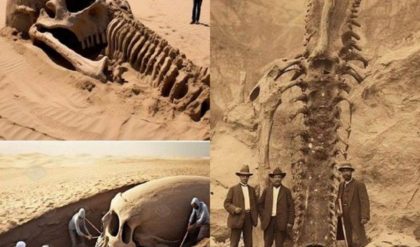
The quest for discovering extraterrestrial life has long been the subject of human fascination and scientific inquiry. For centuries, we’ve gazed up at the stars, wondering if we are truly alone in the universe. As technology advances, so does our ability to search for life beyond Earth. The hunt for the first discovered alien creature is no longer just a fantasy but a rapidly approaching reality that could reshape our understanding of life itself.
The Search Begins
In recent years, numerous space agencies and private organizations have embarked on missions aimed at detecting signs of life on other planets. The Mars rovers, for example, have been tirelessly exploring the Red Planet, analyzing soil samples, and searching for evidence of water—an essential ingredient for life as we know it. NASA’s Perseverance rover, equipped with advanced instruments, is currently investigating ancient riverbeds, looking for signs of microbial life that may have once thrived there.
Meanwhile, the European Space Agency’s JUICE mission is set to explore Jupiter’s icy moons—Europa, Ganymede, and Callisto. These moons are believed to have subsurface oceans beneath their frozen crusts, where conditions might be right for life to exist. Scientists speculate that these hidden oceans could harbor alien creatures, perhaps unlike anything we’ve ever imagined.
Breakthroughs in Technology
The development of new technologies has significantly accelerated the hunt for alien life. One of the most promising advancements is the James Webb Space Telescope, which launched in December 2021. With its unprecedented ability to peer into distant galaxies and analyze the atmospheres of exoplanets, the telescope offers the possibility of detecting biosignatures—chemical indicators of life—on planets light-years away.
Furthermore, breakthroughs in artificial intelligence and machine learning have enabled scientists to sift through vast amounts of data more efficiently, identifying potential signs of extraterrestrial life that may have been overlooked in the past.
The Implications of Discovery
The discovery of the first alien creature, whether it be microbial life on Mars or a complex organism in the depths of Europa’s oceans, would have profound implications. It would not only answer the age-old question of whether we are alone in the universe but also challenge our understanding of biology, evolution, and the conditions necessary for life.
The ramifications would extend beyond science. Such a discovery could have a significant impact on philosophy, religion, and even geopolitics. How would humanity respond to the knowledge that we are not the only intelligent beings in the cosmos? Would it unite us in our commonality or divide us further as we grapple with the implications of our place in the universe?
Conclusion
The hunt for the first discovered alien creature is more than just a scientific endeavor; it is a journey that could redefine our understanding of life and our place in the cosmos. As we continue to explore the far reaches of space, the possibility of encountering extraterrestrial life becomes more tangible. The discovery, when it happens, will mark one of the most significant milestones in human history, opening a new chapter in our quest to understand the universe and our role within it.





